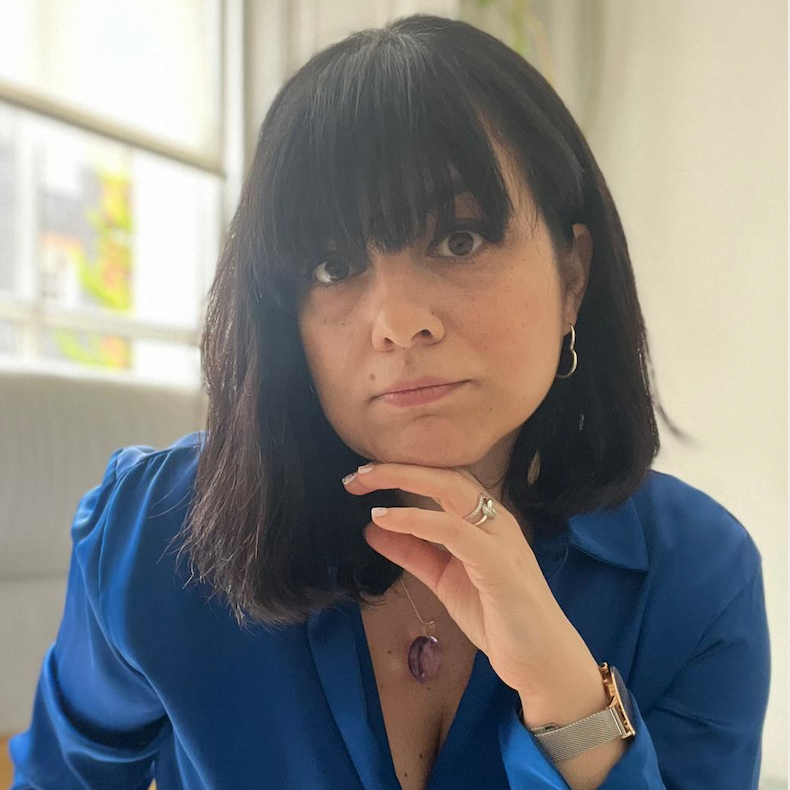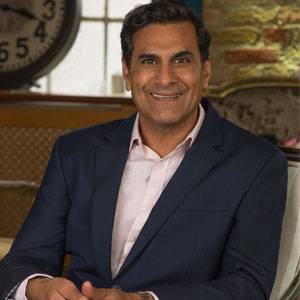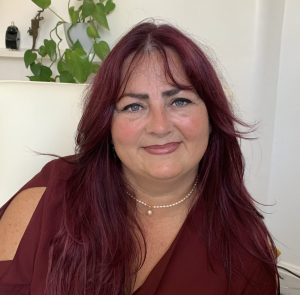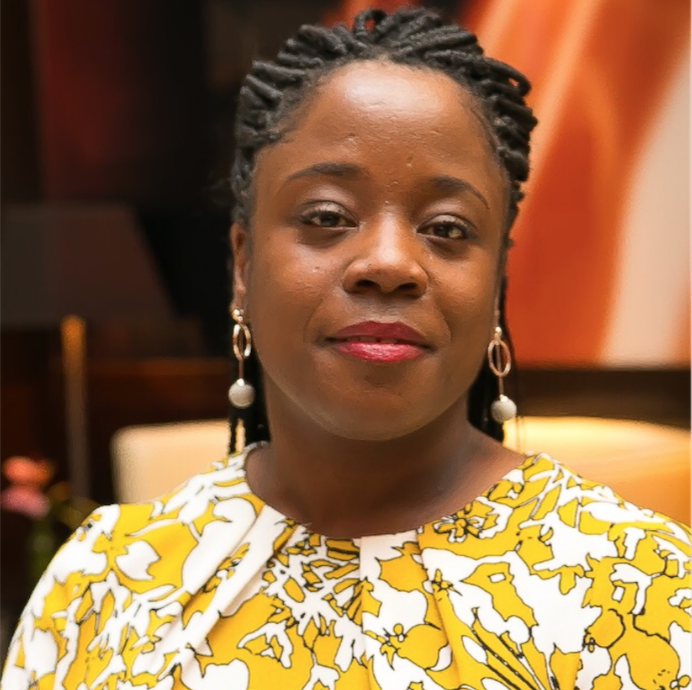 In psychology, the term “identity” is most commonly used to describe personal identity, or the distinctive qualities or traits that make an individual unique. Identities are strongly associated with self-concept, self-image (one’s mental model of oneself), self-esteem, and individuality.
In psychology, the term “identity” is most commonly used to describe personal identity, or the distinctive qualities or traits that make an individual unique. Identities are strongly associated with self-concept, self-image (one’s mental model of oneself), self-esteem, and individuality.
Individuals struggling with identity issues may experience symptoms of depression, hopelessness, and more. Therapy can allow individuals who are struggling with their identity to discuss their thoughts and feelings in a safe and confidential environment and help you to develop ways of coping with the challenges associated with identity issues.
(Photo by Christophe Maertens on Unsplash)
Articles by our practitioners
by Ruxandra Anghel, Existential Psychotherapist
Everyone is curious at least at some point in their lives to know more about their identity, meaning that they are curious about their personality. It is important that we have a curiosity to know more about who we are, as well as why we are who we are. If you ever spent time wondering about your true self and also why you are the way you are it is a positive sign that you are embracing your life with curiosity. There might be some excitement in there too or perhaps you are in need of some explanations. Whatever the reason behind your curiosity about yourself, you are at the start of a meaningful journey.
Usually in existential therapy we explore at great depths the different parts and dimensions of your identity. There is great focus on the individual and cultural identity. If you decide to embark on this journey of exploration, you will soon discover there are many more sides to your personality than you ever imagined. One of these sides is your generational identity that has a strong influence on your personality and life choices. Perhaps in your self-exploration you were at times curious about your family history and your personal inheritance. You might have noticed some similar patterns in your behaviours to those of your parents or grandparents. You might have also noticed in yourself some typical life choices to those of your generation, or some striking differences that are giving you some trouble. When we move away from traditions this is called cycle breaking and it is related to generational identity. A classic example is when for generations in a family community everyone married young and had children, and at some point in a new generation one member decides to be single and independent for life. The change might be influenced by the generational identity of society, where new life trends might be more attractive and even more practical.
As much as we want to have complete freedom and independence in making our life choices, it is impossible to avoid the generational influence on who we are and what we do. That is why in existential therapy we explore generational identity, from transgenerational issues to intragenerational influences in your own family as well as the wider society where you live in. Acquiring this sound knowledge about yourself will help you gain better control of your life choices and it will support meaningful living.
By Lila Ramsahai, Intercultural Psychotherapist and Life Coach
Clients will typically discuss the same issues in both types of therapies (mainstream and intercultural). However, culturally diverse clients often also discuss some additional issues concerning their race, cultural heritage, identity or language usage in Intercultural Psychotherapy.
WHICH ADDITIONAL ISSUES DO PEOPLE DISCUSS IN INTERCULTURAL PSYCHOTHERAPY?
Culturally diverse clients can often discuss the following issues in sessions – anxieties, depression, worries, abuse, family issues, intimacy, arranged marriage, family pressures, family honour, honour killings, cultural identity, identity crisis, the effects of multicultural and multilingual upbringing, coping with bi-racial identity, loss of mother tongue and mother tongue biases, belonging, language usage, racism, race and ethnicity, mixed-race upbringing, hybrid identity, isolation, acculturation, cultural values, cross-cultural parenting and more.











